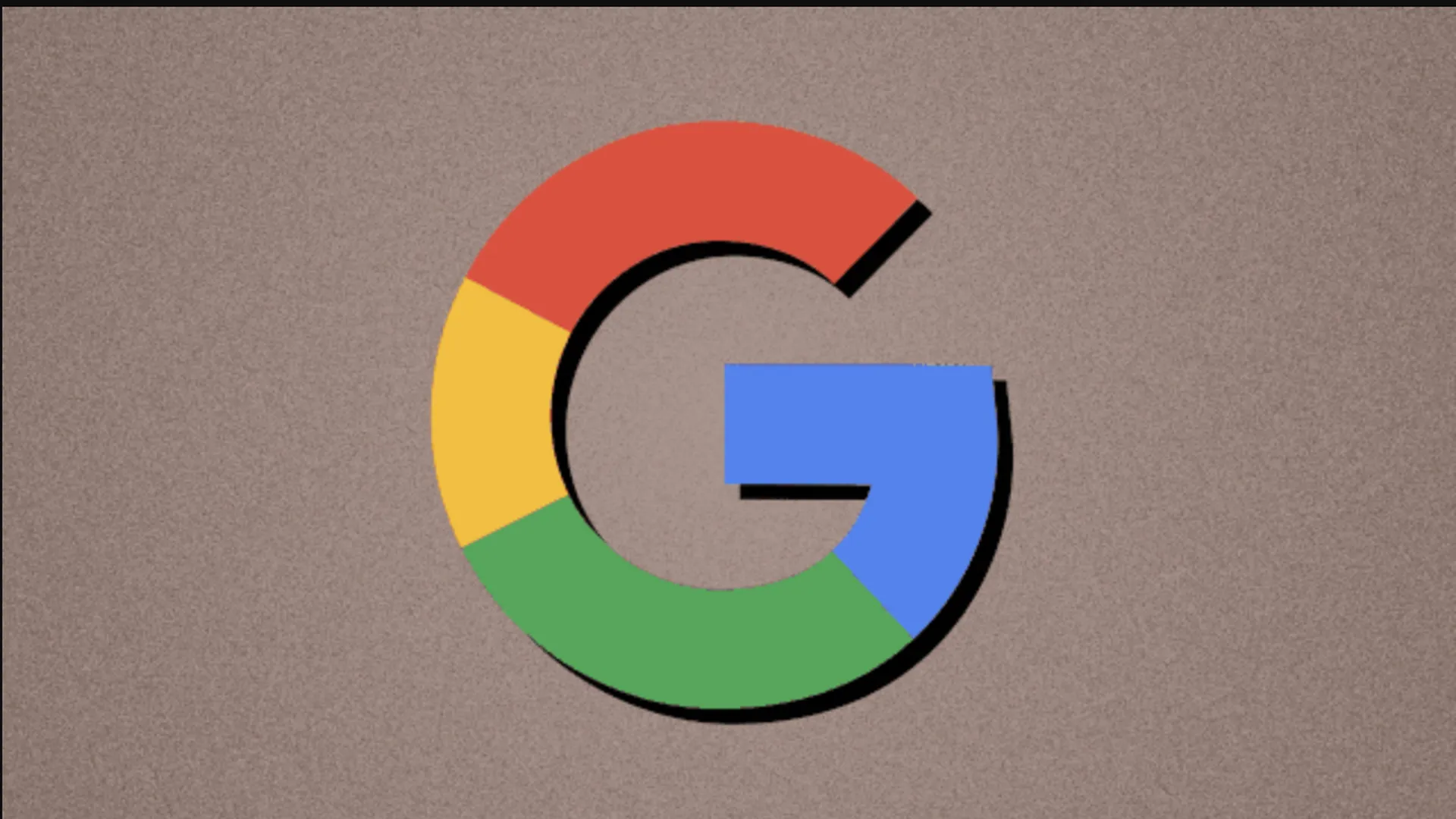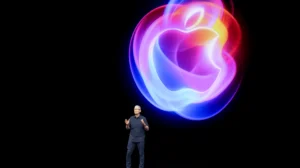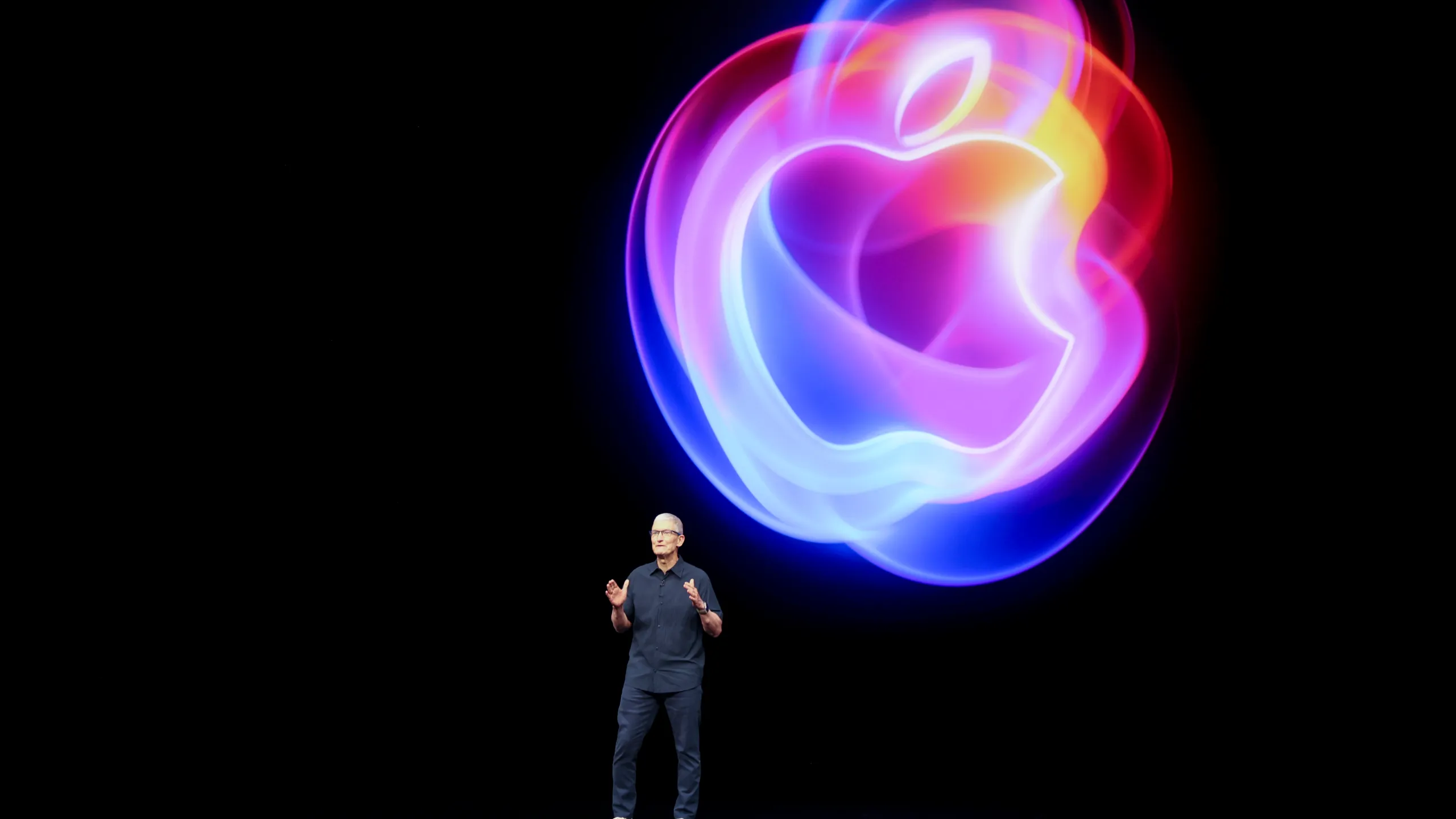In a landmark ruling, Google has been found to illegally monopolize the online search and advertising markets, a decision with profound implications not just for search engines but for the burgeoning field of artificial intelligence (AI). This antitrust case, spearheaded by the U.S. Department of Justice and several state attorneys general, has ignited a debate about the control of digital markets and the role of large tech companies in shaping the future of technology.
The Ruling’s Implications
The court’s decision underscores Google’s dominant position in the market, primarily through exclusive contracts and partnerships, such as those with Apple and other device makers which made Google the default search engine. This monopolistic control extends to the ads displayed next to search results, further entrenching Google’s market dominance.
Impact on AI Development
The repercussions of this ruling are particularly significant for AI. As AI technologies and their applications continue to expand, the need for competitive fairness becomes more critical. The court’s decision could lead to significant changes in how Google operates, potentially curbing its influence in AI markets. This includes potential measures like breaking up major components of Google’s business such as Android, AdWords, and Chrome, which could redefine competitive landscapes in both software and hardware realms.
Future Prospects and Challenges
The decision opens up several questions about the future of technology regulation and antitrust enforcement. Will this ruling encourage innovation and competition, or will it lead to a fragmentation of services that could harm user experience? How will other tech giants adapt to an environment where antitrust scrutiny could become more stringent?
This case not only marks a critical point in antitrust law but also sets a precedent for how emerging technologies, particularly AI, might be regulated. It highlights the need for ongoing vigilance and adaptability in policy-making to ensure that the growth of AI and other advanced technologies can proceed in a manner that benefits all, without stifling innovation or allowing monopolistic control.
Google’s antitrust defeat is a pivotal moment that could shape the future landscape of AI and technology. It serves as a reminder of the power of longstanding antitrust laws and the importance of maintaining competitive markets for the advancement of technology. As we move forward, the tech industry and regulators alike will need to navigate these waters with a balanced approach to foster innovation while preventing monopolistic practices that can hinder competition and innovation.

















Add Comment